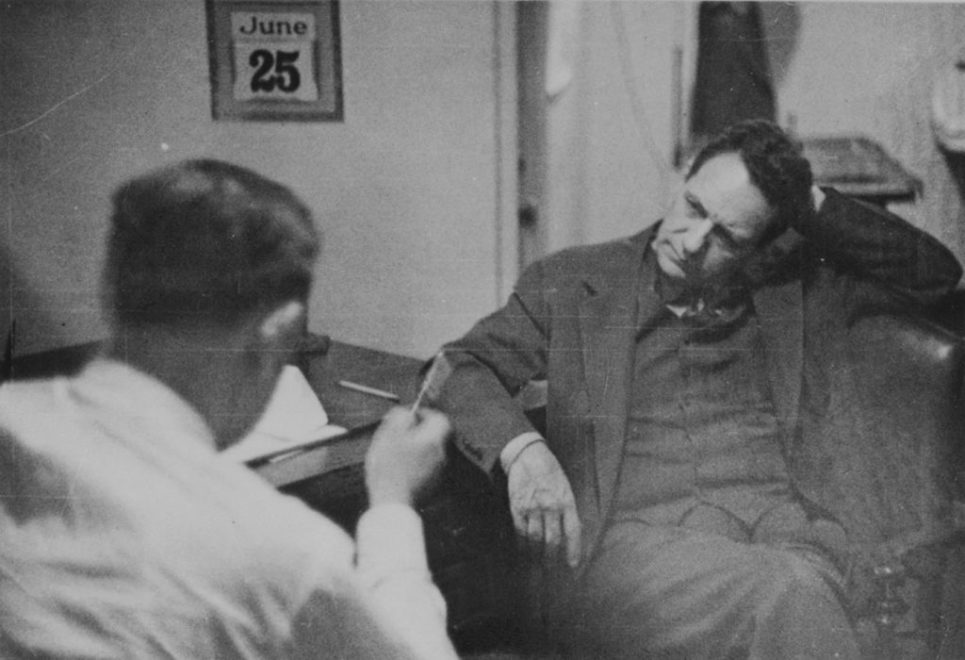Fritz Joubert Duquesne was a man originally born in South Africa who spied for the Germans in two World Wars. In between the battles, he was a stunningly successful conman who repeatedly got himself out of multiple legal problems. This is his story.
Early Life and the Second Anglo-Boer War
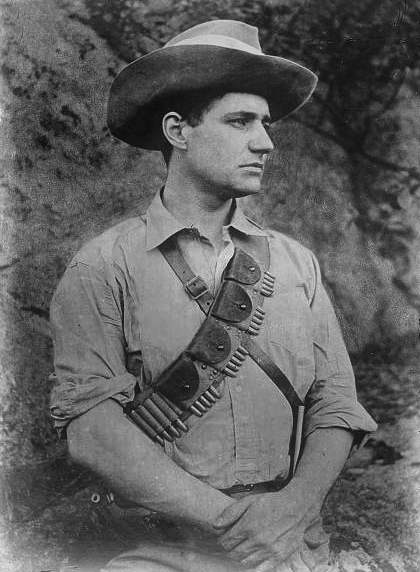
Fritz Joubert Duquesne was born in 1877 in a British-controlled part of South Africa. His father was a hunter who made a living by selling pelts, horns, and tusks. Fritz later followed in his footsteps and became a skilled hunter as well. Duquesne’s early life was one of conflict, and he killed his first man at 12 years of age. A year later, he was sent off to school in England.
In 1899, at the age of 22, Fritz returned to South Africa to participate in the Second Anglo-Boer War. His hunting ability served him well in the battle, and he became known as the Black Panther. In 1901, Duquense found out that the English had burned his family farm to the ground when he returned home. His sister had been raped and murdered, and his mother had been placed in a concentration camp. Fritz developed a burning hatred for the English that lasted for the rest of his life.
Escape from prison and journalism
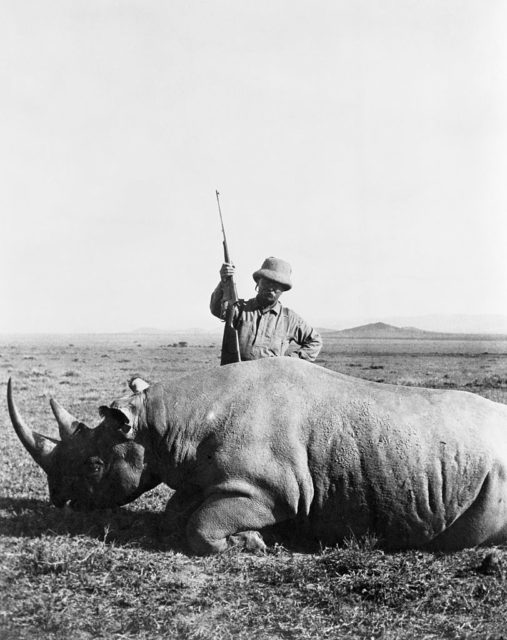
After discovering what happened to his family, Duquense formulated a plan to kill Lord Kitchener. He recruited 20 other men to his cause, but one of the men’s wives revealed the plot. The 20 other men were executed, but Duquesne escaped that fate by promising to reveal secrets about the Boers to the British. He later claimed that he only gave them false information. Duquesne was placed in a penal colony in Bermuda but was able to escape.
Upon his escape, the South African found work as a journalist with the New York Herald. He also used many aliases and engaged in unique activities. For example, Duquesne lobbied the US Congress to import hippos into the Lousiana bayous to solve a meat shortage in the area. Duquesne also acted as a hunting guide for United States President Theodore Roosevelt.
Spying for the Germans during World War I
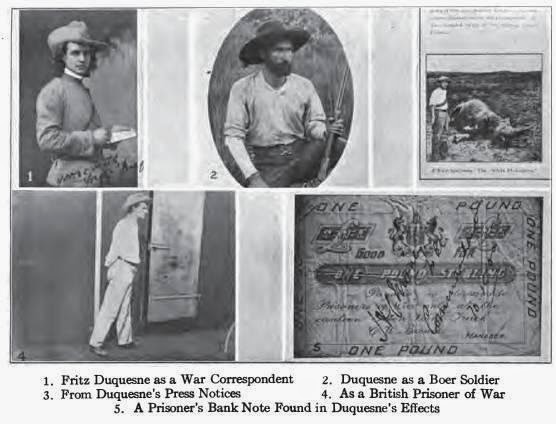
After meeting with a German industrialist in 1914, Duquesne became a spy for the Germans. During the first World War, he took the name Frederick Fredericks and posed as a scientist doing research on rubber plants. Duquesne set off to Bahia, Brazil, and took an active part in the war by bombing and sinking ships. Taking on two more aliases, George Fordam and Piet Nicaud, he is credited with sinking 22 British ships. Duquesne claimed that one of these ships carried Lord Kitchener, his enemy from the Boer War.
Following the conflict, Duquesne created a new character, Captain Claude Stoughton, who he claimed was the leader of a Western Australian Light Horse Regiment. The persona resulted in a nice income and adoration from legions of fans. In November of 1917, he was arrested on charges of insurance fraud. While he was in custody it was discovered that he had worked for Germany during the war. The plan was to extradite Duquesne to Britain to face charges. To combat this he faked paralysis and ended up in the prison ward of Bellevue Hospital. After two years of the ruse, he was able to escape by posing as a woman.
The Years between the wars
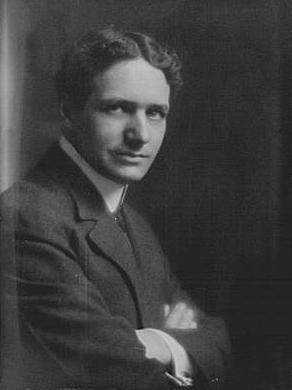
After his escape from Bellevue, Duquesne spent time in both Europe and Mexico. He made his way back to New York in 1926. At this point, he began to use the alias Frank de Trafford Craven. He worked at Joseph P. Kennedy’s production company Film Booking Offices of America as a member of the publicity staff. He later moved on to the Quigley Publishing Company.
Eventually, Duquesne was arrested again, this time for the deaths that occurred during his World War II bombing spree. He was represented by renowned lawyer Arthur Garfield Hays during the 1932 trial. The spy was released later that year when England refused to press charges for the bombings, saying the statute of limitations had expired.
World War II, Arrest and Conviction
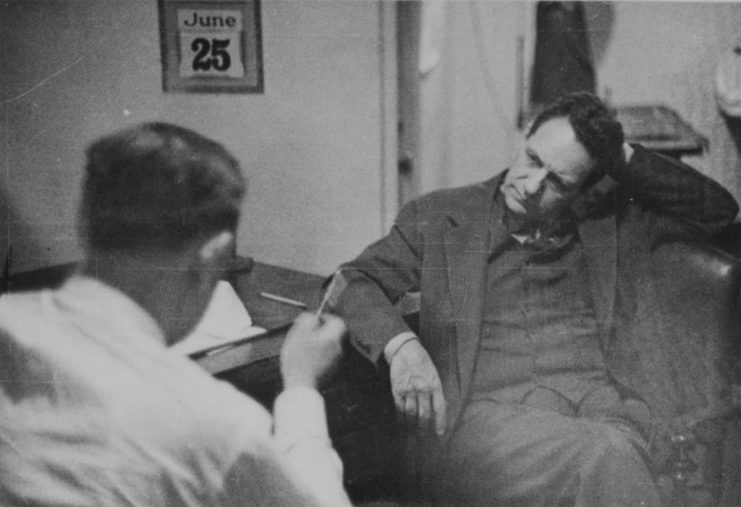
In 1934, Duquesne joined the Order of 76, an American pro-Nazi organization. The next year, he began working for the US Government’s Works Progress Administration. Duquesne began his own spying ring which eventually grew to include 33 members. He was not found out until 1939. Then FBI head J. Edgar Hoover went to Franklin D. Roosevelt to explain the situation and a two-year investigation into the spy began.
Eventually, the bureau was able to run a sting operation on Duquesne and he was arrested in 1941. He was not able to escape the way he had in all of his other legal situations. The then 64-year-old was sentenced to 18 years in prison. Duquesne ended up serving 14 of those years in jail, being released early due to failing health. Duquesne died in 1956 at the age of 78.
